5 Critical Traits of Successful Compliance Professionals
- Time Management— Managing one’s own time and the time of others.
- Persuasion/Influential— Persuading others to change their minds or behavior.
- Complex Problem Solving— Identifying complex problems and reviewing related information to develop and evaluate options and implement solutions.
- Systems Analysis/Process-Oriented— Determining how a system should work and how changes in conditions, operations, and the environment will affect outcomes.
- Strong Communications Skills:
- Speaking— Talking to others to convey information effectively.
- Writing— Communicating effectively in writing as appropriate for the needs of the audience.
- Reading Comprehension— Understanding written sentences and paragraphs in work related documents.
Additional Traits of successful Compliance professionals:
Skills:
- Reading Comprehension— Understanding written sentences and paragraphs in work related documents.
- Active Listening— Giving full attention to what other people are saying, taking time to understand the points being made, asking questions as appropriate, and not interrupting at inappropriate times.
- Critical Thinking— Using logic and reasoning to identify the strengths and weaknesses of alternative solutions, conclusions or approaches to problems.
- Speaking— Talking to others to convey information effectively.
- Systems Analysis/Process-Oriented— Determining how a system should work and how changes in conditions, operations, and the environment will affect outcomes.
- Systems Evaluation— Identifying measures or indicators of system performance and the actions needed to improve or correct performance, relative to the goals of the system.
- Writing— Communicating effectively in writing as appropriate for the needs of the audience.
- Complex Problem Solving— Identifying complex problems and reviewing related information to develop and evaluate options and implement solutions.
- Judgment and Decision Making— Considering the relative costs and benefits of potential actions to choose the most appropriate one.
- Active Learning— Understanding the implications of new information for both current and future problem-solving and decision-making.
- Monitoring— Monitoring/Assessing performance of yourself, other individuals, or organizations to make improvements or take corrective action.
- Time Management— Managing one’s own time and the time of others.
- Coordination — Adjusting actions in relation to others’ actions.
- Persuasion/Influential— Persuading others to change their minds or behavior.
- Social Perceptiveness— Being aware of others’ reactions and understanding why they react as they do.
- Instructing— Teaching others how to do something.
- Learning Strategies— Selecting and using training/instructional methods and procedures appropriate for the situation when learning or teaching new things.
- Negotiation — Bringing others together and trying to reconcile differences.
Abilities:
- Problem Sensitivity— The ability to tell when something is wrong or is likely to go wrong. It does not involve solving the problem, only recognizing there is a problem.
- Deductive Reasoning— The ability to apply general rules to specific problems to produce answers that make sense.
- Inductive Reasoning— The ability to combine pieces of information to form general rules or conclusions (includes finding a relationship among seemingly unrelated events).
- Oral Comprehension— The ability to listen to and understand information and ideas presented through spoken words and sentences.
- Oral Expression— The ability to communicate information and ideas in speaking so others will understand.
- Written Comprehension— The ability to read and understand information and ideas presented in writing.
- Near Vision— The ability to see details at close range (within a few feet of the observer).
- Written Expression— The ability to communicate information and ideas in writing so others will understand.
- Category Flexibility— The ability to generate or use different sets of rules for combining or grouping things in different ways.
- Information Ordering— The ability to arrange things or actions in a certain order or pattern according to a specific rule or set of rules (e.g., patterns of numbers, letters, words, pictures, mathematical operations).
- Speech Clarity— The ability to speak clearly so others can understand you.
- Speech Recognition— The ability to identify and understand the speech of another person.
- Fluency of Ideas— The ability to come up with a number of ideas about a topic (the number of ideas is important, not their quality, correctness, or creativity).
- Selective Attention— The ability to concentrate on a task over a period of time without being distracted.
Work Styles:
- Analytical Thinking— Job requires analyzing information and using logic to address work-related issues and problems.
- Attention to Detail— Job requires being careful about detail and thorough in completing work tasks.
- Integrity— Job requires being honest and ethical.
- Dependability— Job requires being reliable, responsible, and dependable, and fulfilling obligations.
- Initiative— Job requires a willingness to take on responsibilities and challenges.
- Cooperation— Job requires being pleasant with others on the job and displaying a good-natured, cooperative attitude.
- Achievement/Effort— Job requires establishing and maintaining personally challenging achievement goals and exerting effort toward mastering tasks.
- Stress Tolerance— Job requires accepting criticism and dealing calmly and effectively with high stress situations.
- Adaptability/Flexibility— Job requires being open to change (positive or negative) and to considerable variety in the workplace.
- Persistence— Job requires persistence in the face of obstacles.
- Independence— Job requires developing one’s own ways of doing things, guiding oneself with little or no supervision, and depending on oneself to get things done.
- Leadership— Job requires a willingness to lead, take charge, and offer opinions and direction.
- Self Control— Job requires maintaining composure, keeping emotions in check, controlling anger, and avoiding aggressive behavior, even in very difficult situations.
- Innovation— Job requires creativity and alternative thinking to develop new ideas for and answers to work-related problems.
- Social Orientation— Job requires preferring to work with others rather than alone, and being personally connected with others on the job.
- Concern for Others— Job requires being sensitive to others’ needs and feelings and being understanding and helpful on the job.
Work Values:
- Achievement— Occupations that satisfy this work value are results oriented and allow employees to use their strongest abilities, giving them a feeling of accomplishment. Corresponding needs are Ability Utilization and Achievement.
- Independence— Occupations that satisfy this work value allow employees to work on their own and make decisions. Corresponding needs are Creativity, Responsibility and Autonomy.
- Support— Occupations that satisfy this work value offer supportive management that stands behind employees. Corresponding needs are Company Policies, Supervision: Human Relations and Supervision: Technical.
AZComplianceRiskTalent.com is an initiative of the Greater Phoenix Chamber Foundation’s Compliance & Risk Management Workforce Collaborative.
For more information: workforce@phoenixchamber.com



